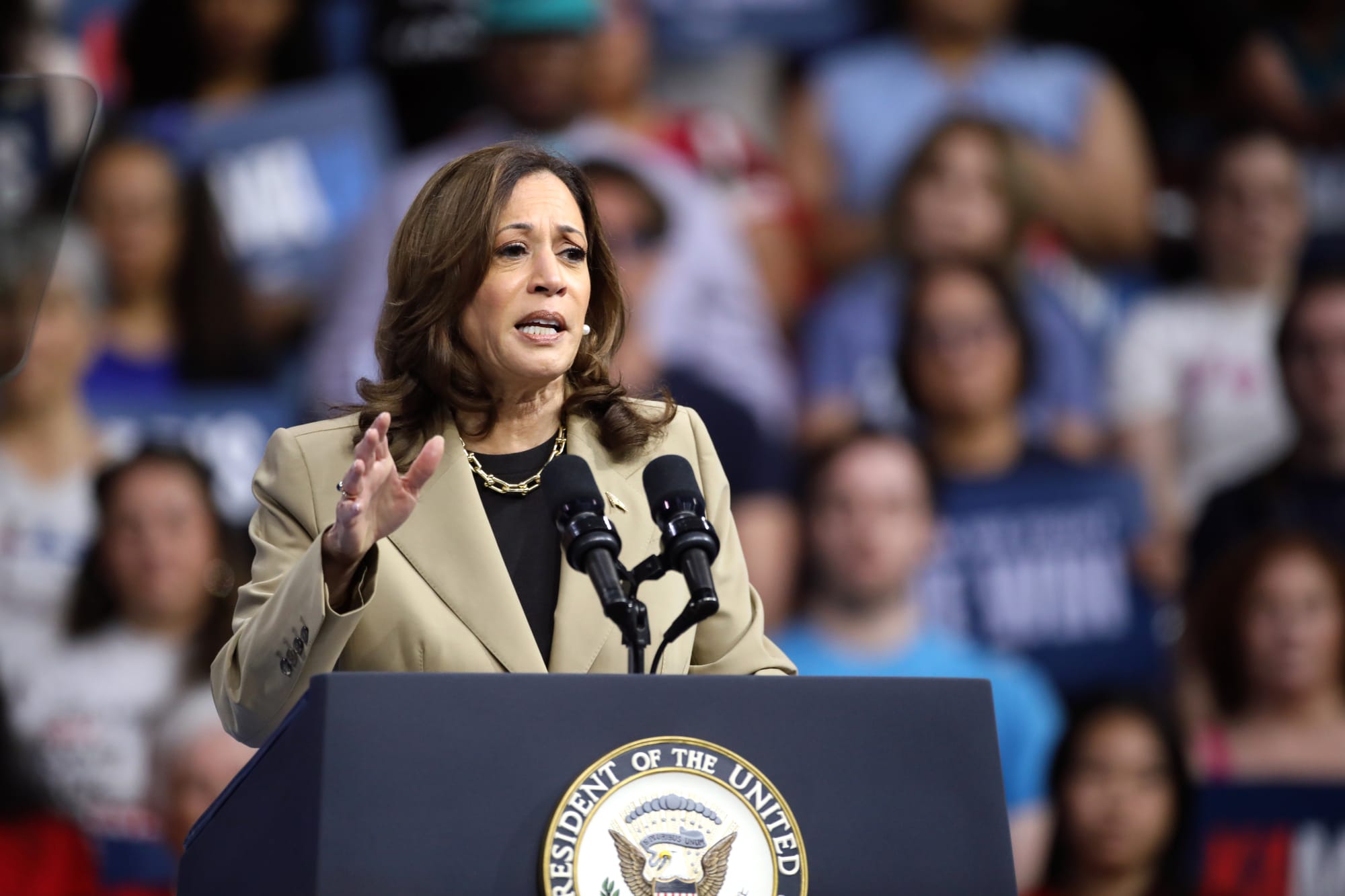This Week in Politics

Moldovan Referendum and Presidential Election
In a nail-biter referendum the Moldovan electorate voted for a pro-EU constitution, 50.38% to 49.62% or 750,137 to 738,737. Prior polling suggested a much stronger margin for the proposed constitution, making the final tally a shock to some. The pro-EU constitution received the most support from middle Moldova and voters abroad, overseas voters overwhelmingly supported the change.
Moldovan President Maia Sandu blamed the slim margin to foreign influence and criminal groups buying and swaying voters. The president never explicitly mentioned Russia, however, authorities have uncovered Kremlin schemes to pit voters against the new constitution and her re-election campaign that coincided with the referendum. The Kremlin has denied these allegations, though the EU-spokesperson Peter Stano agreed with Ms Sandu stating that there had been "unprecedented interference and intimidation by Russia and its proxies."
In the presidential election independent Alexandr Stoianolgo backed by the pro-Russia Socialist Party wieldy over performed, securing about 26% of the vote share. President Sandu did not win an outright majority, though handedly secured the first spot with roughly 42% of the electorate. As the country moves toward the second round Ms Sandu and Mr Stoianolgo prepare to go head-to-head, the latter having large ground to make up. Although, the candidates that placed third, fourth, fifth and sixth all expressed some form of pro-Russia sentiment. Assuming all these voters shift to Mr Stoianolgo that would mean a victory with roughly 53% of voters. Such an assumption is naive, though as this election has been framed as a choice between Russia and the West the matter may certainly sway some.
The second round is scheduled for 3 November, whether Moldovans vote for a new president is yet to be seen. Though this being a consequential election for the nation nestled between Ukraine and Romania is clear.
Harris' Presidential Pivot
Vice President Kamala Harris is utilising the popularity of former President Obama and celebrities in an attempt to elevate her campaign. The likes of Beyoncé, Bruce Springsteen, Eminem, Samuel L. Jackson and Spike Lee have all joined together in campaigning for the Democratic nominee. Moreover, President Obama's been hitting the campaign trail in vital swing-states. Its a strategy aimed at rallying Democrats to the ballot box alongside persuading undecided voters ahead of the looming November election. The move could be pivotal as polling suggests thin margins.

Upcoming Japanese Election
In an uncertain climate new Prime Minister Shigeru Ishiba called for a snap-election, testing the Liberal Democratic Party (LDP) that has essentially ruled Japan since World War 2 spare a handful of oddities. After months of waning support the snap-election has rallied the LDP's polling, yet in recent days it has turned to a nose dive. On the other hand, the largest opposition group, the Constitutional Democratic Party (CDP), is gaining. Former Prime Minister Yoshihiko Noda, the only recent politician to beat the LDP, heads the CDP and could form a fractured coalition after the election if the LDP fails to win a majority alongside its junior coalition partner Komeito, which it relies on for support in the upper house. While Mr Ishiba's party still clearly remains the largest in polling, some 12% ahead of the CDP, it could fail to secure an outright majority, a first since 2012. The legislative election set for Sunday could mark a shift in Japanese politics, or not, though polling suggests it's not predefined.



